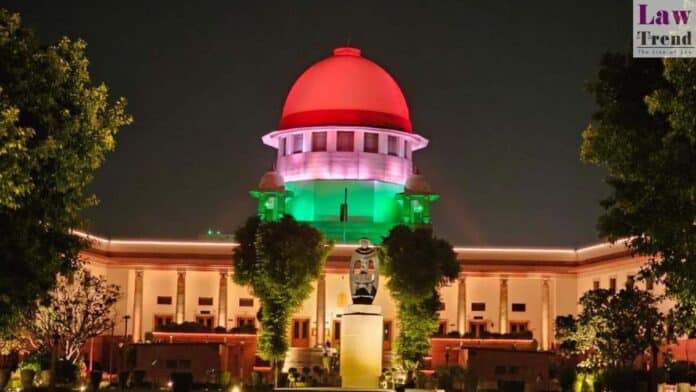The West Bengal government requested an expedited hearing from the Supreme Court regarding the Calcutta High Court’s recent decision to invalidate the OBC status of several castes, predominantly Muslim groups. This ruling impacts their eligibility for reservations in public sector employment and state-run educational institutions.
During the session, Chief Justice D.Y. Chandrachud was informed by senior advocate Kapil Sibal, representing the Trinamool Congress-led state government, about the urgent need to address the issuance of OBC certificates. This process has been halted, affecting numerous individuals, particularly those seeking quota benefits for medical college admissions.
The urgency of the hearing was stressed as Sibal noted that although the cases were scheduled for the day, they were unlikely to be heard due to their position on the day’s agenda. Chief Justice Chandrachud reassured that the matters would be attended to promptly after the day’s prior cases were resolved.
Previously, on September 13, the Supreme Court had considered advancing the hearing date following a plea from the West Bengal government, reflecting the critical nature of the issue. Additionally, on August 5, the court had requested the state provide quantifiable data demonstrating the social and economic backwardness and inadequate representation in public jobs of the newly included castes in the OBC list.
In response to the high court’s verdict from May 22, which struck down the OBC status granted since 2010, the Supreme Court issued notices to several private litigants challenging the inclusion. The high court had pointed out that religion seemed to be the sole basis for these classifications, suggesting that the selections were politically motivated rather than based on actual backwardness.
The high court also criticized the state for not consulting with the state’s backward classes panel adequately before making these classifications and subclassifications. It ruled that actions based on these classifications would only have prospective effects, ensuring that individuals currently in service or who had previously benefited from reservations would not be adversely affected.




